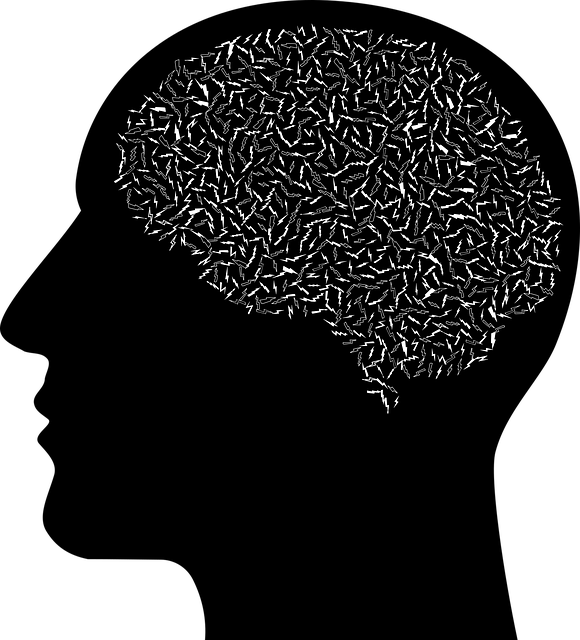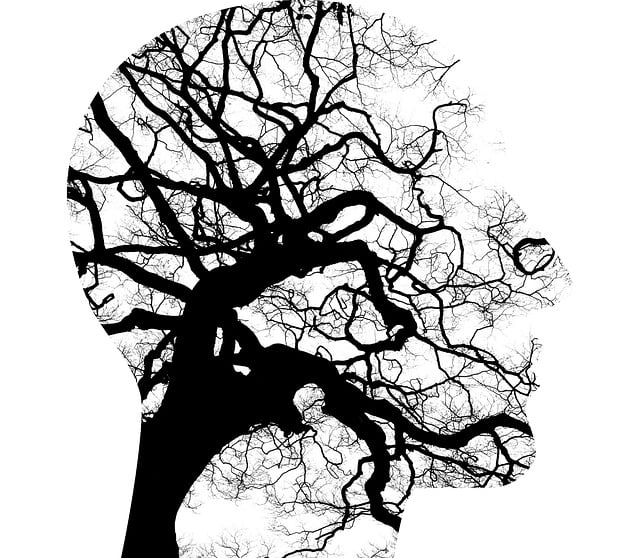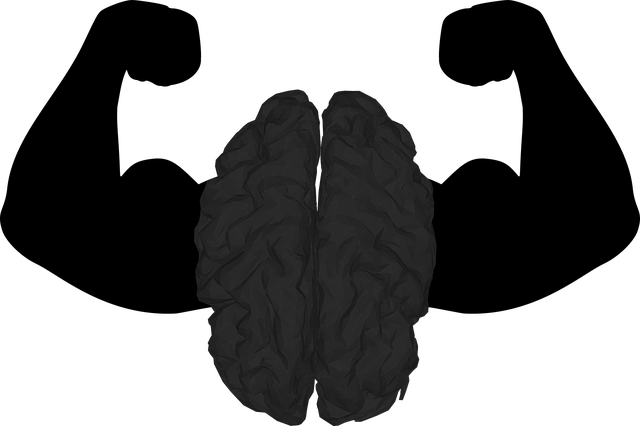Lone Tree Spiritual-Religious Issues Therapy offers specialized trauma support by integrating faith into healing, empowering individuals through spiritual growth and coping skill development. Safe, culturally sensitive spaces minimize triggers while incorporating natural elements and evidence-based practices. Evaluations track progress, refining treatment approaches for improved emotional regulation, self-care, and client outcomes. Lone Tree Spiritual-Religious Issues Therapy is a vital component in trauma healing and depression prevention.
Trauma support services are crucial in addressing the complex needs of individuals dealing with deep-seated trauma. This article explores various aspects of providing effective care, including a niche focus on spiritual and religious issues in lone tree settings. We delve into the power of therapy to unravel ingrained beliefs and behaviors, and discuss creating trauma-informed environments.
Cultural sensitivity is a key component highlighted, alongside evaluation methods to measure the impact of these interventions. By understanding Lone Tree Spiritual-Religious Issues and integrating therapeutic approaches, support services can offer transformative care.
- Understanding Lone Tree Spiritual-Religious Issues: A Niche Within Trauma Support
- The Role of Therapy in Addressing Deep-Rooted Beliefs and Behaviors
- Creating Safe Spaces: Environmental Considerations for Trauma-Informed Care
- Integrating Cultural Sensitivity into Trauma Support Services
- Measuring Success: Evaluation and Impact Assessment for Effective Trauma Intervention
Understanding Lone Tree Spiritual-Religious Issues: A Niche Within Trauma Support

In the realm of trauma support services, addressing Lone Tree Spiritual-Religious Issues represents a niche yet crucial aspect that often goes overlooked. Many individuals dealing with traumatic experiences may find solace and unique perspectives through spiritual or religious practices, which can significantly enhance their therapeutic journey. These beliefs offer a framework for making sense of suffering, loss, and the complexity of human existence, thereby facilitating emotional regulation and self-esteem improvement.
Lone Tree Spiritual-Religious Issues Therapy provides specialized support for individuals seeking to integrate their faith or spiritual values into their healing process. Through compassionate cultivation practices, clients can explore and strengthen their connection with a higher power, community, or specific religious traditions. This approach not only promotes spiritual growth but also equips individuals with tools to navigate existential challenges, find meaning in trauma, and cultivate compassion for themselves and others—all vital components of the healing journey.
The Role of Therapy in Addressing Deep-Rooted Beliefs and Behaviors

The journey towards healing from trauma often involves delving into and addressing deep-rooted beliefs and behaviors that have developed as coping mechanisms. Lone Tree Spiritual-Religious Issues Therapy plays a pivotal role in this process, offering a safe space for individuals to explore and challenge these internalized patterns. Through therapeutic interventions, clients can begin to unravel the complex web of thoughts and actions that have become ingrained over time due to traumatic experiences.
Therapy provides a structured environment where individuals learn valuable coping skills, such as Social Skills Training and Coping Skills Development, enabling them to navigate life’s challenges more effectively. Moreover, therapists facilitate the cultivation of positive thinking, helping clients replace negative beliefs with healthier, more resilient perspectives. This transformative process empowers individuals to reclaim their lives, fostering a profound sense of empowerment and self-discovery.
Creating Safe Spaces: Environmental Considerations for Trauma-Informed Care

Creating safe spaces is an integral aspect of trauma-informed care, ensuring individuals feel secure and supported throughout their healing journey. This involves thoughtful environmental considerations to minimize triggers and promote a sense of calm. In the context of Lone Tree Spiritual-Religious Issues Therapy, therapists play a vital role in crafting such spaces. They understand that physical surroundings can significantly impact a patient’s emotional state, especially when dealing with complex trauma.
A trauma-sensitive environment might incorporate natural elements, comfortable seating arrangements, and calming aesthetics to foster trust and encourage open communication. By integrating Mental Health Awareness principles, these safe spaces not only aid in the recovery process but also contribute to the development of Public Awareness Campaigns, highlighting the importance of supportive settings for those seeking therapy. Moreover, healthcare providers can prevent burnout by adopting Burnout Prevention Strategies, ensuring they create and maintain environments that prioritize patient well-being.
Integrating Cultural Sensitivity into Trauma Support Services

In providing trauma support services, integrating cultural sensitivity is paramount to ensure effective and inclusive care. This involves understanding and respecting the diverse spiritual-religious beliefs and values that individuals bring into therapy. For instance, a client from a specific cultural background might find comfort in practices like mindfulness meditation or have unique views on healing that differ from conventional Western approaches. Therapists trained in cultural sensitivity are equipped to adapt their methods, creating a safe space for clients to explore their inner strength development while respecting their personal traditions and beliefs.
By incorporating cultural considerations, such as incorporating traditional healing practices alongside evidence-based therapies, support services can be tailored to meet the specific needs of diverse populations. This holistic approach not only enhances the therapeutic process but also promotes better outcomes in addressing Lone Tree Spiritual-Religious Issues Therapy. Moreover, it can significantly contribute to depression prevention by fostering a sense of belonging and understanding within the therapeutic setting.
Measuring Success: Evaluation and Impact Assessment for Effective Trauma Intervention

Measuring success in trauma support services is paramount to ensure the effectiveness and impact of interventions. Evaluation methods play a crucial role in understanding how individuals heal from traumatic experiences, particularly when utilizing Lone Tree spiritual-religious issues therapy. Through structured assessments, professionals can gauge progress in various domains, including emotional regulation, coping strategies, and self-care routine development for better mental health. This data is instrumental in refining treatment approaches, catering to individual needs, and fostering self-esteem improvement.
Impact assessment should go beyond quantitative metrics, delving into qualitative feedback from clients to grasp their subjective experiences. By integrating Mental Health Awareness principles, therapists can create a safe space for individuals to share their journeys, identifying areas of growth and potential challenges. This holistic evaluation approach not only quantifies the reach of trauma support services but also provides valuable insights for continuous improvement, ensuring tailored interventions that resonate with diverse client needs.
Trauma support services have evolved to address complex needs, incorporating spiritual-religious considerations, therapeutic interventions, safe environmental design, cultural sensitivity, and rigorous evaluation. By integrating these diverse elements, we can provide more holistic care that resonates with individuals from all walks of life, including those navigating Lone Tree spiritual-religious issues. Through dedicated therapy, culturally responsive practices, and evidence-based evaluation, we have the potential to transform lives and foster healing for those who have experienced trauma.














